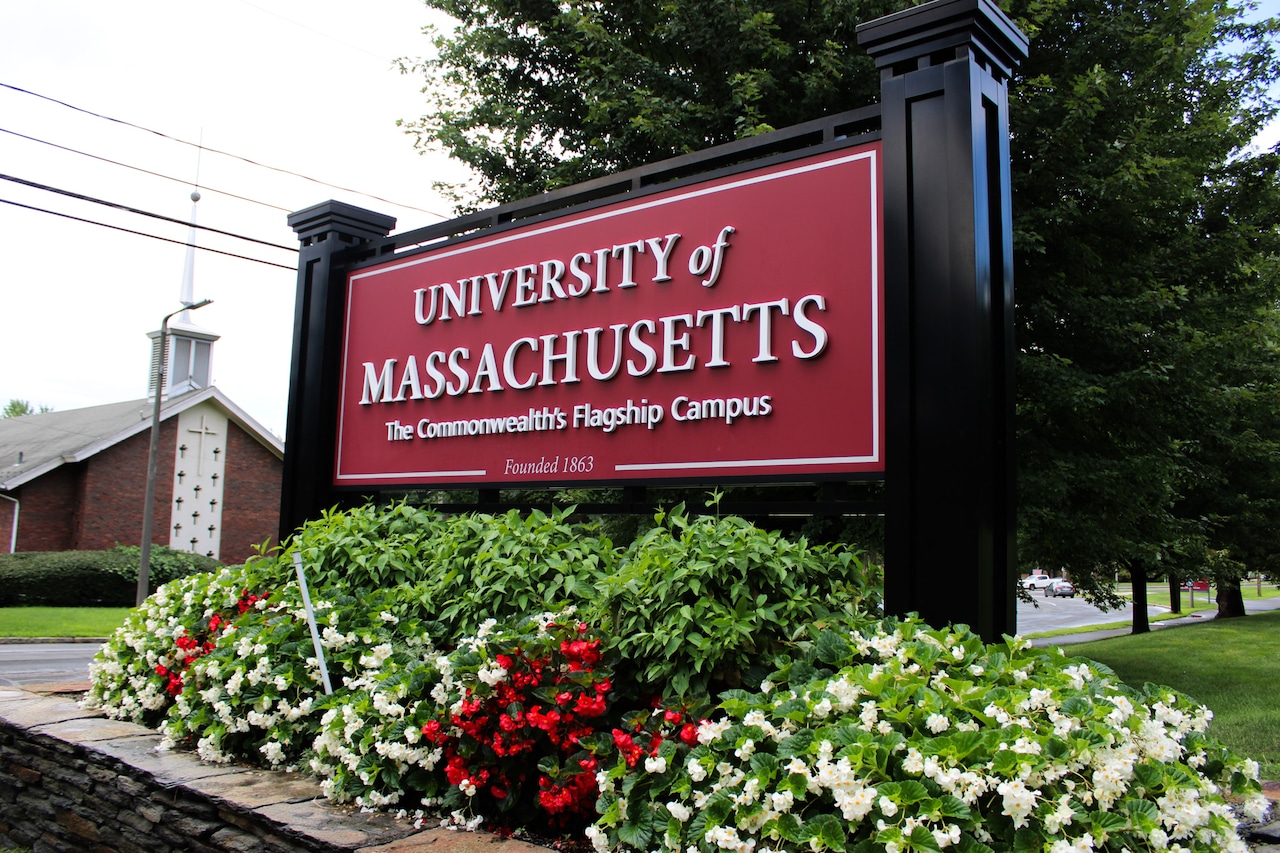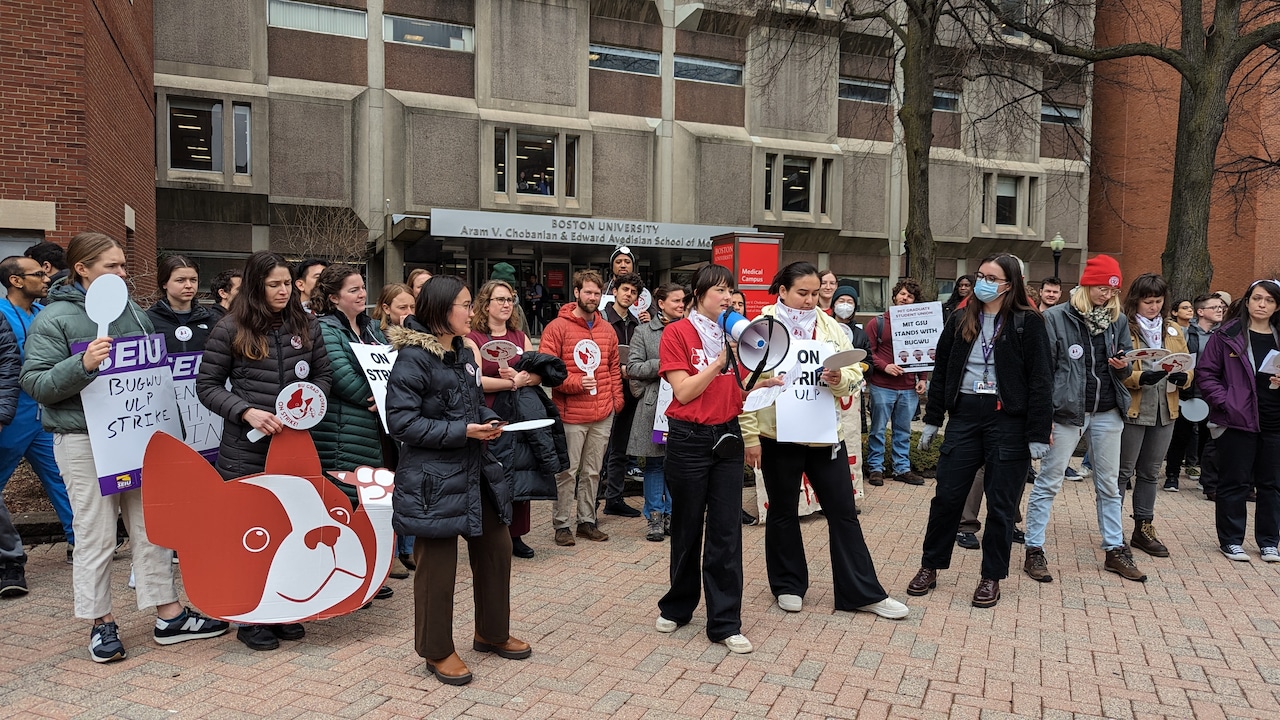
Farmland across the world is increasingly contaminated by heavy metals often found in fertilizers, but new University of Massachusetts research is pointing to a way to reduce the problem.
When a farmer or gardener walks into a supply store and buys fertilizer, the nutrients contained in that fertilizer often consist of large particles that plants have trouble absorbing. The consequence of that is farmers must use more of it, and increasing fertilizer runoff into neighboring waterways, according to a press release from the University of Massachusetts Amherst.
A different kind of fertilizer called nanoscale fertilizer — which hasn’t become widely available yet for consumers in the United States — works differently, according to recently published research by scientists at the University of Massachusetts Amherst, Guangdong University of Technology and Central South University of Forestry and Technology.
Nanoscale fertilizers are a kind of fertilizer that is made up of engineered tiny individual particles of metal or metal oxide or organic compounds, also known as nanoscale particles.
Nanomaterials can be made from the bottom up — from molecules to nanoparticles — or from top-down — grinding bulk materials to nanoparticles — Baoshan Xing, UMass Amherst professor and senior author of the paper, said in a statement.
By collecting data from 170 previous publications and 8,585 experimental observations, the scientists found that nanoscale fertilizers are over 38% more effective than conventional fertilizers at mitigating the effects of polluted soil, can enhance crop yields like tomatoes or corn by close to 23% and the nutritional value of crops by 30%, according to the press release.
“Much of the world’s arable soil is contaminated by heavy metals, like cadmium, lead and mercury, as well as metalloids, like arsenic and selenium,” Xing said in a statement.
Contamination can put stress on growing staple crops and the nutritional value of those crops, Xing said.
“We need to come up with solutions to reduce the heavy metals that wind up in our food,” Xing said, adding that using nutrients at a nanoscale in fertilizer is promising.
Nanoscale fertilizers can have positive effects because crop nutrients at the nanometer scale, which is one billionth of a meter, can be engineered to be more effective — designed and mixed for particular crops, growing conditions and application methods so the crop can more efficiently absorb nutrients, according to the press release.
This can result in not only bigger, juicier tomatoes, for example, but also more of them.
“Of course, nanomaterials are not a silver bullet,” Xing said. “They need to be applied in distinct ways based on the individual crop and soil.”






